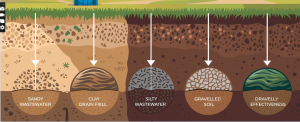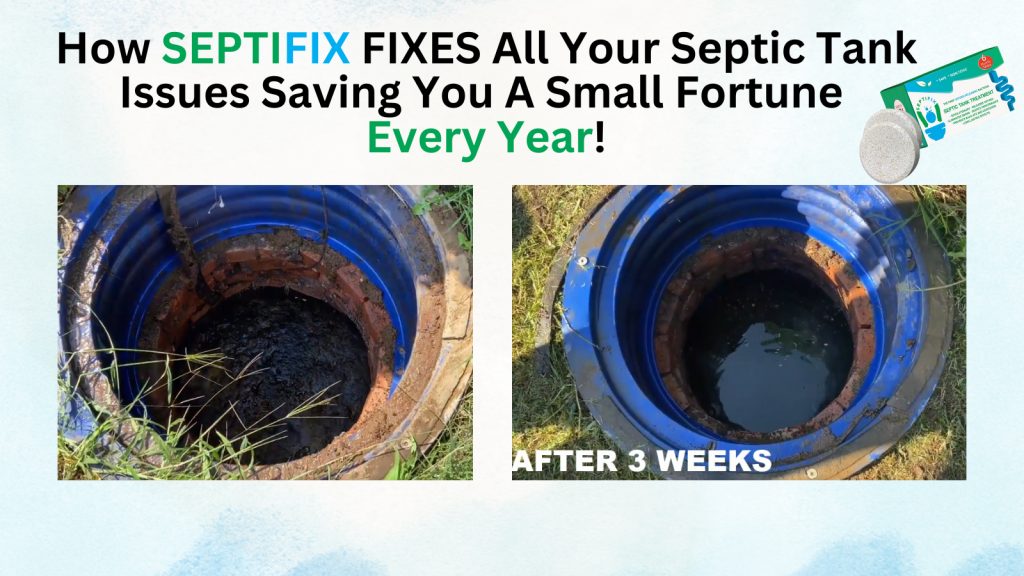Septic systems are essential for managing wastewater in homes that are not connected to municipal sewer systems. Proper installation and maintenance of these systems are crucial for their longevity and efficiency. Hiring a professional septic tank installer ensures that your system is installed correctly, complies with local regulations, and operates effectively. In this article, we will discuss the importance of hiring a professional, how to choose the right installer, the role of additives in septic systems, and maintenance tips to keep your system functioning optimally.
Table of Content
- Understanding Septic Systems
- Why Hire a Professional?
- Choosing the Right Installer
- Additives in Septic Systems
- Costs Involved in Installation
- Maintenance Tips Septic Tank Post-Installation
- Conclusion
- Septic Permit Links by State
Understanding Septic Systems
A septic system is an underground wastewater treatment structure that uses a combination of natural processes and technology to treat household wastewater. Typically, it consists of a septic tank and a drain field. The septic tank collects wastewater from bathrooms, kitchens, and laundry rooms. Here, solids settle to the bottom, forming sludge, while lighter materials like grease float to the top, creating scum. The liquid effluent then flows into the drain field, where it is further treated by soil microorganisms. Proper installation is critical for the effective operation of a septic system. If installed incorrectly, it can lead to system failures, costly repairs, and environmental hazards. This is why hiring a professional installer is vital.
Why Hire a Professional?
Expertise and Experience
Professional septic tank installers possess specialized knowledge about septic systems. They understand how different types of systems work and which one is best suited for your property. Their experience allows them to anticipate potential issues and address them proactively.
Compliance with Local Regulations
Many areas have strict regulations governing septic system installation. These laws are in place to protect public health and the environment. A professional installer is familiar with these regulations and ensures that your system complies with all local codes. This compliance can prevent legal issues down the line.
Avoiding Costly Mistakes
While some homeowners may consider installing their septic systems themselves to save money, this approach can lead to significant expenses in the long run. Improper installation can result in system failures that require costly repairs or replacements. Hiring an expert minimizes these risks and ensures that the job is done right the first time.
Choosing the Right Installer
Choosing the right septic tank installer is crucial for ensuring a successful installation. Here are some steps to help you find a qualified professional:
Researching Credentials
Start by verifying the credentials of potential installers. Look for licenses and certifications specific to septic system installation in your area. A qualified installer should have completed training programs and passed necessary exams.
Checking Reviews and References
Online reviews can provide valuable insights into an installer’s reputation. Check platforms like Google Reviews or Yelp for feedback from previous clients. Additionally, ask for references from past projects to gauge their reliability and quality of work.
Interviewing Potential Installers
Once you’ve narrowed down your options, schedule interviews with potential installers. Prepare a list of questions to ask during these meetings:
- What experience do you have with septic system installations?
- Can you provide examples of similar projects you’ve completed?
- How do you handle unforeseen issues during installation?
- What warranties or guarantees do you offer?
These questions will help you assess their expertise and approach to work.
Obtaining Multiple Quotes
It’s wise to obtain quotes from at least three different installers. This will give you an understanding of the market rate for installation services in your area. Be cautious of quotes that seem significantly lower than others; they may indicate subpar materials or workmanship.
Tools Needed for Septic Maintenance | DIY
Additives in Septic Systems
Septic systems may benefit from various additives designed to enhance performance. Understanding these additives can help you make informed decisions about their use.
Types of Additives
- Enzymes: Enzymatic additives help break down organic waste materials in the septic tank. They promote faster decomposition by providing enzymes that assist bacteria in digesting solid waste more efficiently.
- Bacteria: Naturally occurring bacteria are essential for maintaining balance within your septic system. They break down organic matter in the tank, helping to reduce sludge buildup and improve overall efficiency.
- Chemicals: While some chemicals can be beneficial in specific situations (such as clearing clogs), they may also disrupt the natural processes within your septic tank if used excessively or improperly. Always consult with a professional before adding chemicals to your system.
When to Use Additives
Additives should not be viewed as a substitute for proper maintenance but rather as supplementary aids when needed. Regular inspections and pumping are still essential components of maintaining a healthy septic system.
Costs Involved in Installation
The cost of installing a septic system varies based on several factors, including location, size, type of system, and soil conditions. Here’s a breakdown of typical expenses:
- Labor Costs: Professional labor typically accounts for a significant portion of installation costs.
- Materials: This includes the septic tank itself, pipes, gravel for drainage fields, and other necessary components.
- Permits: Many local governments require permits for septic system installations, which can add to overall costs.
- Site Preparation: Depending on your property’s condition, additional site preparation may be necessary before installation begins.
While hiring a professional may seem expensive upfront, it can save you money over time by preventing future repairs caused by improper installation.
Maintenance Tips Septic Tank Post-Installation
Once your septic system is installed, regular maintenance is key to ensuring its longevity and efficiency. Here are some important maintenance tips:
- Schedule Routine Inspections: Have your system inspected every three years by a qualified professional. Regular inspections can catch potential issues before they become major problems.
- Pump Your Tank Regularly: Most experts recommend pumping your septic tank every three to five years, depending on usage and household size.
- Be Mindful of Water Usage: Excessive water use can overload your septic system. Spread out laundry loads and fix any leaks promptly.
- Avoid Flushing Non-Biodegradable Items: Items like wipes, feminine hygiene products, and grease should never be flushed down toilets or drains as they can clog your system.
- Keep Records: Maintain detailed records of all maintenance work performed on your system, including inspections and pumping schedules.
Conclusion
In conclusion, hiring a professional septic tank installer is essential for ensuring proper installation and long-term functionality of your septic system. By following the guidelines outlined in this article—researching credentials, interviewing potential installers, understanding additives, considering costs, and adhering to maintenance tips—you can make informed decisions that will benefit both your home and the environment.










